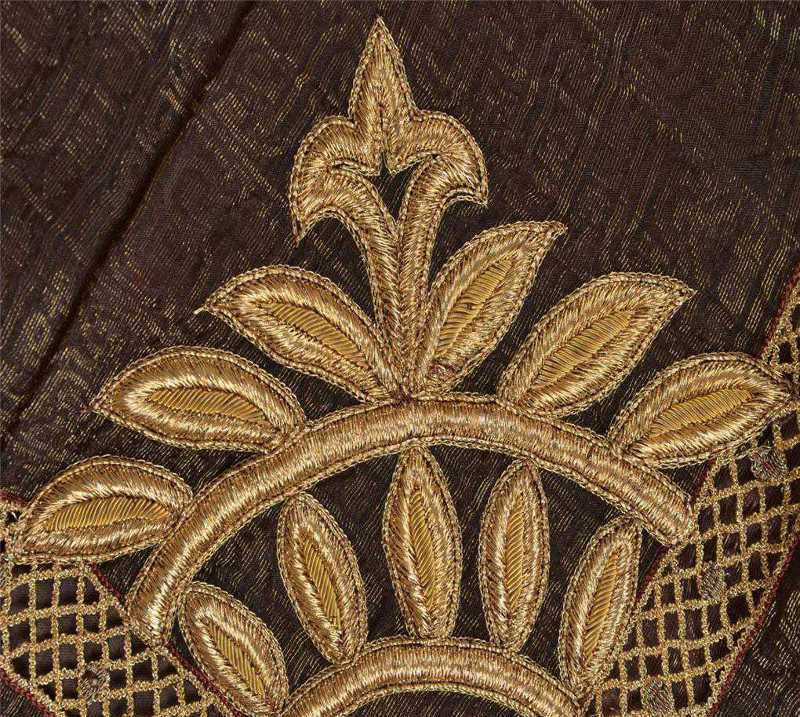===
0183,
15
===

|
=== |
 |
pahar-rāt : 'A watch of the night; the first watch of the night (from 6 to 9 P.M.)'. (Platts p.285)
FWP:
This is the fourth verse of a five-verse 'verse-set'; for a full discussion, see {183,12}.
In other words, the beloved's face was so bright and radiant that if she had revealed it (as opposed to hiding it behind her dark tangled curls), then in the lover's eyes-- or even perhaps in reality-- dawn would have come.
Or else, alternatively, the beloved's authority was so total that if she had opened her mouth and said that it was morning, in the lover's mind it immediately would have been so.
This latter reading always makes me think of 'The Taming of the Shrew'-- but in reverse:
PETRUCHIO: I say it is the moon.
KATHARINA: I know it is the moon.
PETRUCHIO: Nay, then you lie: it is the blessed sun.
KATHARINA: Then, God be bless'd, it is the blessed sun:
But sun it is not, when you say it is not;
And the moon changes even as your mind.
What you will have it named, even that it is;
And so it shall be for Katharina.